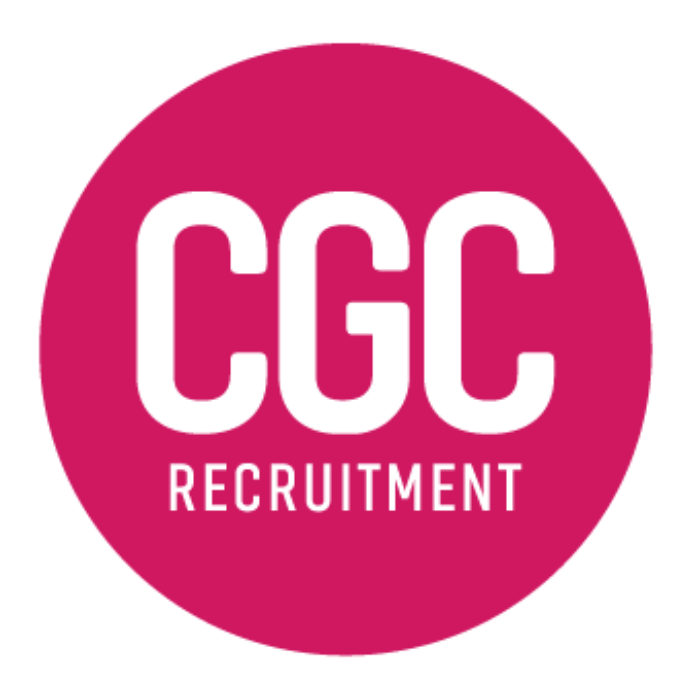Unconscious Bias in Hiring: Spot It, Fix It, Move Forward
Bias in hiring isn’t always deliberate. That’s what makes it dangerous.
Even experienced hiring managers can overlook highly skilled candidates due to subconscious associations. In fast-paced construction hiring, the risk is higher — defaulting to ‘who looks like a fit’ rather than ‘who is a fit.’
Here’s how to tackle it head-on:
1. Use Blind CV Reviews
Remove names, training institutes, and graduation years to reduce surface-level assumptions. Focus on skills and outcomes.
2. Structure Your Interviews
Standardised questions and scoring criteria help limit bias. Open-ended interviews often favour confident communicators, not always the best doers.
3. Using Testing
Candidate testing uses structured assessments to objectively evaluate applicants. By incorporating testing, companies can reduce bias and compare candidates on a level playing field.
4. Train the Hiring Team
Many leaders simply don’t know where bias shows up. Training should include microaggressions, stereotype threat, and affinity bias.
Let’s audit your hiring process for bias together. CGC Recruitment can walk you through it.
Next up: Should you hire for culture fit — or culture add? We’ll explore the difference.
FAQs: Unconscious Bias in Hiring
1. What is unconscious bias in recruitment?
Unconscious bias refers to automatic judgments made during hiring that are based on stereotypes, not qualifications.
2. How do blind CV reviews reduce hiring bias?
Blind CVs remove identifiers like names or universities to ensure candidates are judged purely on their experience and skills.
3. What are the signs of bias in the interview process?
Bias shows up through inconsistent questioning, overvaluing ‘gut feelings,’ or making assumptions based on appearance or accent.
4. How do you carry out testing?
Candidate testing in hiring involves defining the role’s critical competencies, selecting valid assessments, establishing scoring benchmarks, standardised conditions (typically online), scoring and interpreting results, integrating findings with recruitment, and providing feedback.
5. How can recruitment agencies help eliminate unconscious bias?
Agencies like CGC Recruitment use structured interviews, scoring systems, and diversity training to support fair and inclusive hiring.










